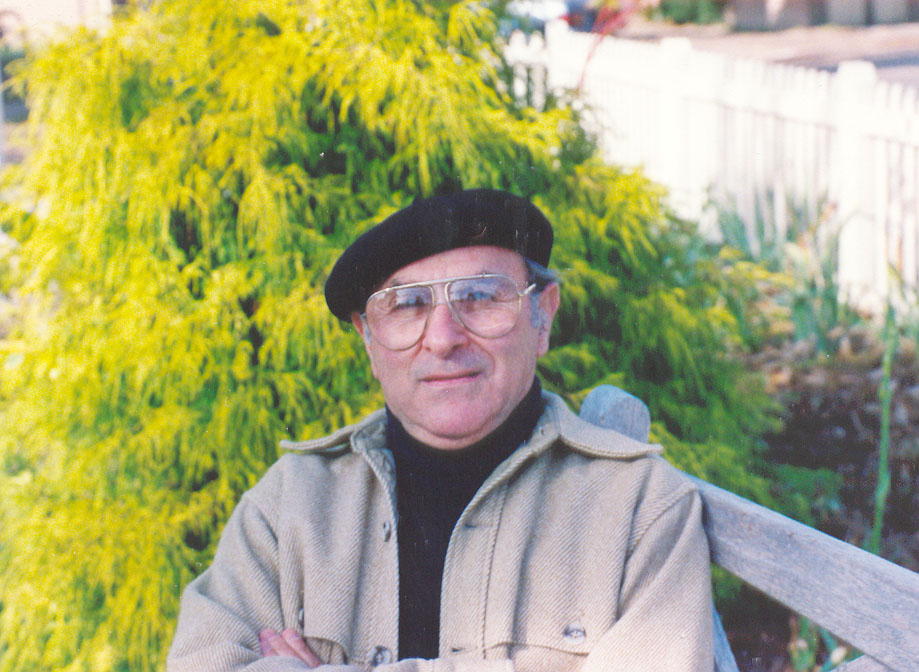
Frank Shatz
Shatz, a Williamsburg resident, is the author of “Reports from a Distant Place,” a compilation of his selected columns. The book is available at the Bruton Parish Shop and Amazon.com
It is remarkable that it was at the symposiums held at William & Mary and at the Old Dominion University in 1996-1997, that one of the most contentious issues of the 2016 presidential elections, namely, how to manage U. S.-Russian relations, got a thorough public airing.
The symposium was sponsored by the Supreme Allied Command Atlantic, headquartered in Norfolk. Its aim was to deal with one of the most critical decisions facing the West in the post-Cold War era, whether to expand NATO to the East.
Marine Gen. John Sheehan, the Supreme Allied Commander Atlantic, responding to my question why his command is sponsoring an essentially intellectual inquire into national security issues explained, NATO expansion to the East encompasses not just military components but also political and economic issues.
Indeed, during the ensuing debate, Zbigniew Brzezinski, the former national security adviser to President Jimmy Carter, and the keynote speaker at the symposium, considered the expansion of NATO as a foregone conclusion. But several nationally recognized foreign policy experts warned of the consequences. Among them Richard Haass, former special assistant, to President George H. W. Bush, who currently serves as President of the Council on Foreign Relations.
"The by-polar world was more or less predictable,” Haass said. "Now we are entering a much less structured, more volatile world. Take for example the Middle East. It must be considered a region that rest on top of a politically earthquake-prone fault line. We can expect that the situation there will likely get bad before it gets even worst. And interestingly, NATO, as a defense organization, has no role to play there.”
Those were prophetic words uttered 20 years ago, augmented by Robert Legvold, the former director of the Harriman Institute at Columbia University. He emphasized that vital European security interests are much more threatened by instability in the Middle East, a region that is the source of most of Europe’s energy supplies, than by any foreseeable danger posed by Russian expansionism.
"We should keep in mind that Russia won’t roll over to accommodate the West’s desire to expand NATO closer to their border,” Legvold said. "If we disregard Russia’s interest, we do so at our own peril.”
Another authority, on U. S.- Russian relationship, John Pepper, the former CEO and Board Chairman of Procter & Gamble, the giant American consumer product company, who took P&G to Russia, in a recently published essay, wrote:
"I believe Putin truly started out with the overwhelming goal – to restore Russia’s stability and return it to greatness. He had experienced the ravages not only of the war but also the 1990s as the economy disintegrated.... He began his Presidency wanting to become part of the West. This was reflected in his being the first leader to reach out to President Bush right after the 9-11 terrorist attack. This manifested not only his desire to reach out to the West but, above all, his fear of terrorism, of unrest, of chaos, which he had experienced in many forms.”
Over the last year, Vladimir Putin’s apparent meddling in U. S. elections and his cozying up to the Republican presidential candidate, Donald Trump, had a chilling effect on U. S,-Russian relations. Many now believe that Trump is an admirer of Putin’s autocratic rule and if elected, he would emulate him.
Interestingly, however, the mutual admiration between Trump and Putin may have a detrimental effect on gaining the votes of American citizens of Eastern European descent in swing states like Ohio, Pennsylvania and even Virginia. Trumps alarms them with suggestion that under his presidency the United States will live up only conditionally to its obligations under the NATO charter, namely to defend countries like Poland, the Baltics, the Czech Republic and others.



_jpg/250px-ElbeDay1945_(NARA_ww2-121).jpg)





